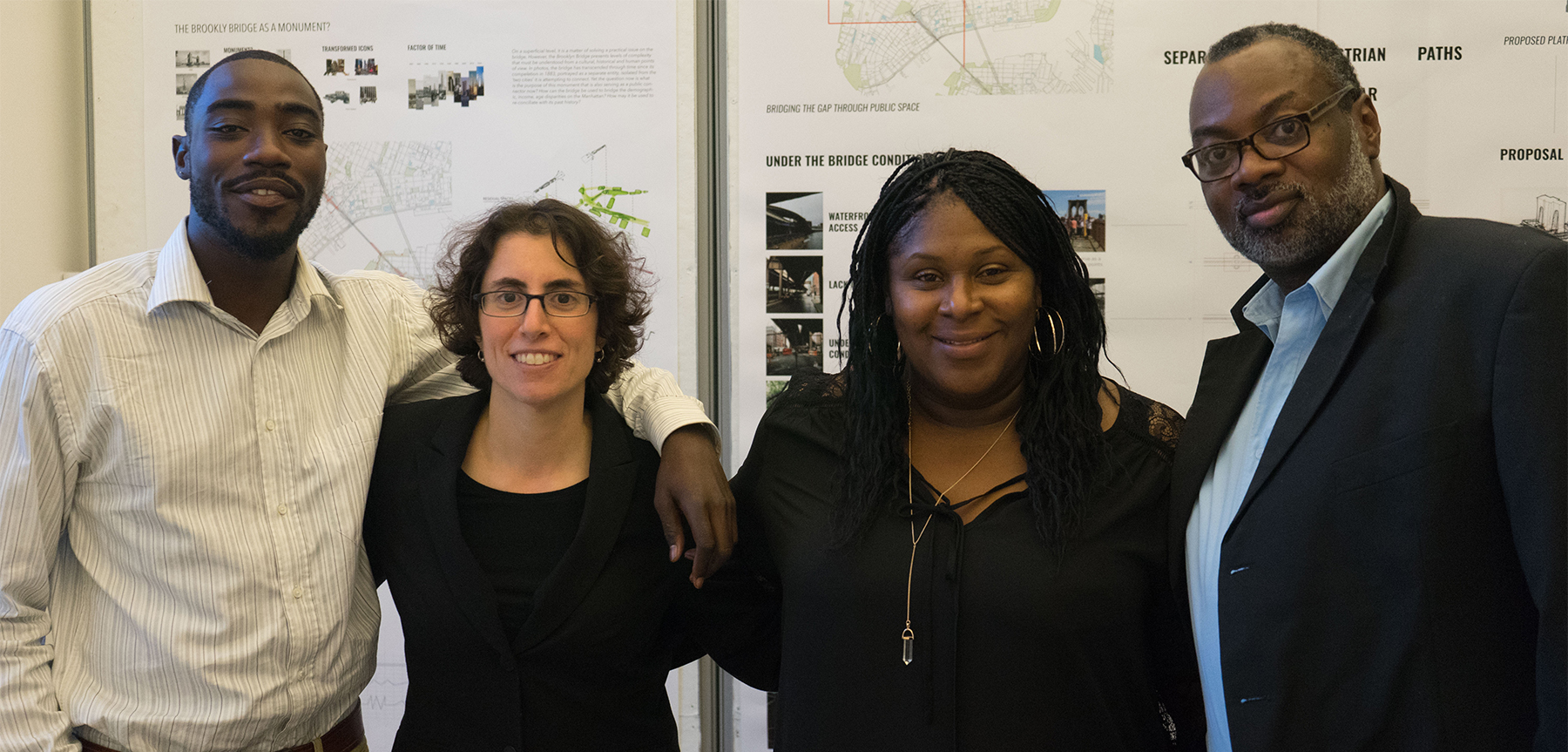In conjunction with the City and Regional Planning Program and the Baker School of Real Estate, AAP’s NYC classroom presented the film 70 Acres in Chicago to the public on the night of Friday, October 14. The showing was a definite success with more than fifty people in attendance, including students from NYC and Ithaca, professors, former residents of the housing project addressed in the film, prospective students, and members of the NYC community among others.
The film highlighted the difficulties of public housing programs, their upkeep, and their demise in a harrowing film recounting the stories of three people whose lives were changed when then-mayor of Chicago Richard M. Daley decided to begin demolition of the 70 acres Cabrini-Green housing project with the goal of replacing it with newer, better, best practice mixed-income housing. As described by its filmmaker:
“70 Acres in Chicago is a critically acclaimed documentary film that chronicles the redevelopment of Cabrini-Green — a public housing development on the Near North Side of Chicago — into a market-rate, mixed-income housing development through the federal HOPE VI grant program. The film follows the redevelopment story as families struggle with the impact of social policy on their community and personal lives. By putting faces to the story of the birth of a mixed-income community and how people negotiate through complicated situations, the film provides a lens for analyzing the larger picture of economic and racial injustice.”
For students, the filming struck a chord, as in Cornell’s Master of Regional Planning program social injustice is seen as a difficult but exceedingly important issue for planners to address.

After the screening there was a panel discussion with filmmaker Ronit Bezalel and the three former Cabrini-Green residents upon which the film is centered – Mark Pratt, Raymond McDonald, and Deidre Brewster. Moderated by Assistant Professor Suzanne Lanyi Charles, the panel provided an opportunity to ask about what went wrong in the planning process and what can be done in the future to prevent the injustices committed against the residents of Cabrini-Green from occurring again. The panel was followed by a reception during which attendees and panel members had the opportunity to have discussions more intimately.
